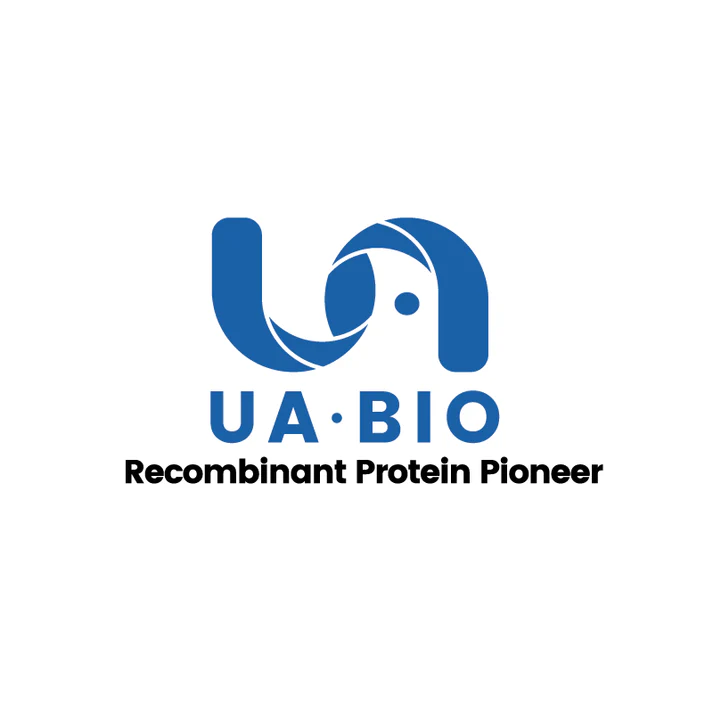Measured in a cell proliferation assay using Balb/c 3T3 mouse fibroblast cells. The EC50 for this effect is less than 1 ng/ml.
Product Details
Product Details
Product Specification
| Species | Porcine |
| Synonyms | Pro-epidermal growth factor; EGF; |
| Accession | Q00968 |
| Amino Acid Sequence | Asn970-Arg1022 |
| Expression System | E.coli |
| Molecular Weight | 6 kDa (Reducing) |
| Purity | >95% by SDS-PAGE. |
| Endotoxin | <0.1EU/μg |
| Conjugation | Unconjugated |
| Tag | No Tag |
| Physical Appearance | Lyophilized Powder |
| Storage Buffer | PBS, pH7.4 |
| Reconstitution | Reconstitute at 0.1-1 mg/ml according to the size in ultrapure water after rapid centrifugation. |
| Stability & Storage |
· 12 months from date of receipt, lyophilized powder stored at -20 to -80℃. · 3 months, -20 to -80℃ under sterile conditions after reconstitution. · 1 week, 2 to 8℃ under sterile conditions after reconstitution. · Please avoid repeated freeze-thaw cycles. |
| Reference | Nat Rev Mol Cell Biol. 2001 Feb;2(2):127-37. |
Background
Epidermal Growth Factor (EGF) is a protein that plays a crucial role in cell growth, proliferation, and differentiation. EGF is a potent mitogen that stimulates the growth and survival of various cell types, including epithelial cells. It is involved in processes such as wound healing, tissue regeneration, and development. Porcine EGF refers to the version of this growth factor derived from porcine (pig) sources. Porcine EGF shares high sequence homology with human EGF and exhibits similar biological activities in promoting cell growth and tissue repair.
Picture
Picture
Bioactivity
SDS-PAGE
2μg (R: reducing condition, N: non-reducing condition).


